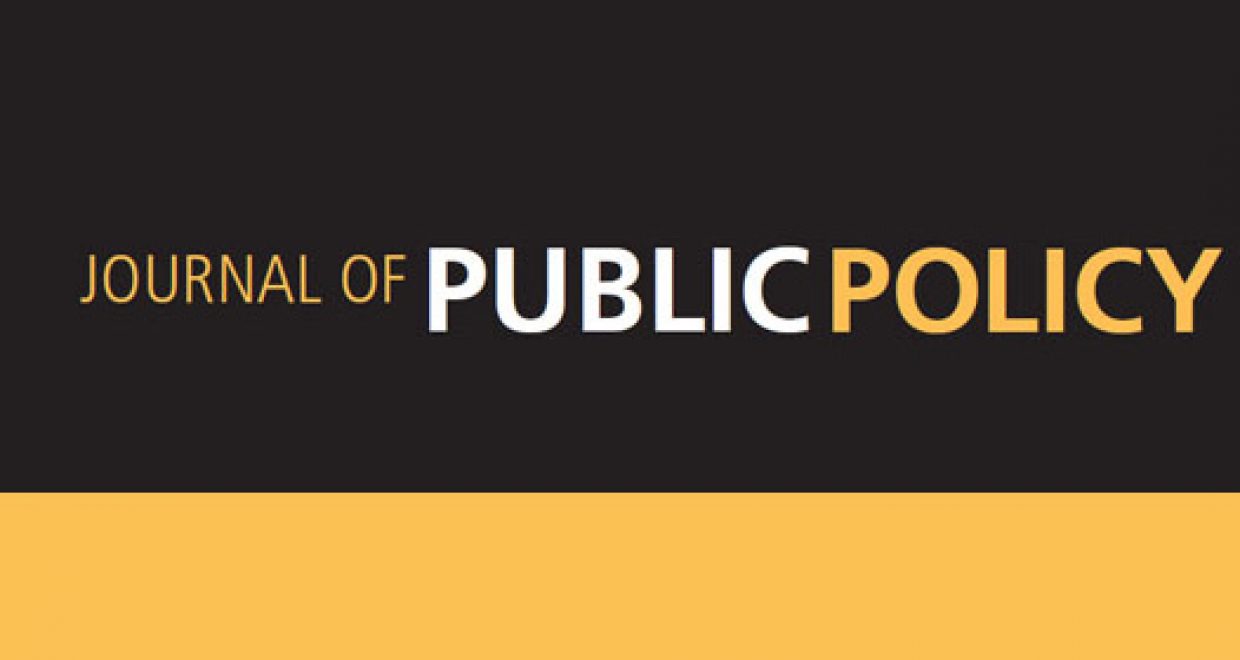Austerity and Young People’s Political Attitudes in the U.K.
In 2012, a Conservative-led coalition implemented austerity measures to restore the UK’s finances. The measures aimed to address the increase in public spending that had occurred during the Great Recession and included significant cuts to public services in the form of the 2012 Welfare Reform Act. According to previous research by Fetzer (2019), these welfare cuts played a role in the rise of the Eurosceptic right-wing populist political party, UKIP, and the 2016 Brexit vote. In a study published in the Journal of Public Policy, Ladreit provides evidence that these austerity measures also negatively affected young people’s political attitudes.
The research draws on longitudinal survey data from Understanding Society to measure political attitudes over time and matches respondents’ districts of residence to a local level estimate of welfare cuts. Using a difference-in-differences approach, the study finds that the austerity measures had a negative impact on the opinions of young people towards politicians and increased their sense of political disenfranchisement in Britain. Specifically, following the public spending cuts young people’s political efficacy diminished, as they were more likely to believe public officials do not care about them and that they have no say in what the government does. At the same time, their sense of satisfaction with politics also decreased. The results are visible when comparing young people in districts that were differently affected by the cuts, as well as comparing young and non-young people in the same district.
Overall, the results contribute to the literature on the political economy of austerity and provides additional evidence that welfare cuts influence political attitudes. As political disaffection can lead to lower political participation, the paper highlights the importance for governments to consider the attitudinal and political costs associated with austerity policies. The paper also adds to the research on the interaction between economic shocks and political attitudes across the life-cycle, and underlines the importance of evaluating whether and how negative income shocks impact the political attitudes of young people. It underscores the need for an assessment of the heterogeneous effects of some economic policies and their consequences on youth political engagement.
– Colombe Ladreit, Bocconi University & CESifo (Center of Economic Studies and ifo Institute)
The author’s Journal of Public Policy article is available Open Access here.





